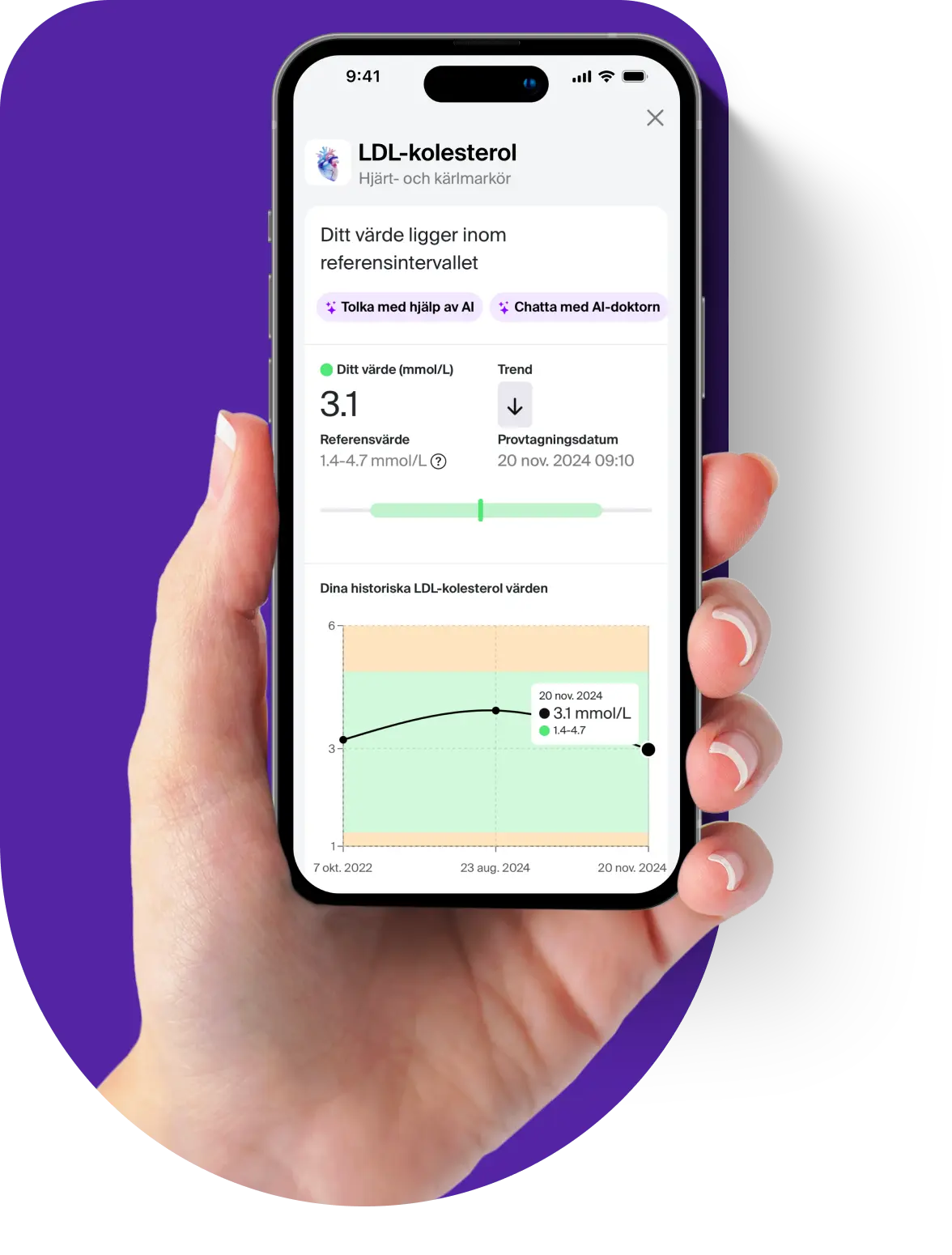B-MCV Blood Test – Analysis of the Mean Corpuscular Volume
B-MCV (Mean Corpuscular Volume) is a blood test that measures the average size of red blood cells (erythrocytes). The value is expressed in femtoliters (fL) and helps to assess the oxygen-carrying capacity of the blood and to identify any abnormalities in blood formation. MCV is often analyzed as part of a blood status along with other parameters to provide a comprehensive picture of the composition of the blood.
What is B-MCV and why is it important?
The B-MCV blood test is used to evaluate the size of red blood cells and can provide important information when investigating anemia and other blood diseases. A normal MCV value indicates that the red blood cells are of normal size, while elevated or low values may be an indication of various types of anemia or other conditions that affect blood formation.
B-MCV normal value
The normal reference range for B-MCV is usually between **82–98 fL**, but this can vary slightly depending on the laboratory and the individual's health condition. Having an MCV value within the normal range indicates a balanced production of red blood cells and a stable oxygen-carrying capacity.
B-MCV High Value
A higher concentration of MCV means that the red blood cells are larger than normal, a condition called macrocytosis. This may be due to nutritional deficiencies or other medical conditions.
Common causes of high B-MCV:
- Deficiency of vitamin B12 or folic acid
- Alcohol abuse
- Liver diseases
- Hypothyroidism (underactive thyroid gland)
- Certain medications that affect blood formation
- Bone marrow diseases
In the case of a high B-MCV, further tests may be needed to determine the exact cause.
B-MCV Low Value
A lower concentration of MCV means that the red blood cells are smaller than normal, which is called microcytosis. This is often linked to disorders in hemoglobin production.
Common causes of low B-MCV:
- Iron deficiency anemia
- Chronic diseases that affect blood formation
- Thalassemia (an inherited blood disorder)
- Lead poisoning
The B-MCV blood test measures the average size of red blood cells and can provide important information about the blood's oxygen-carrying capacity. Elevated MCV values may be linked to vitamin deficiencies or liver disease, while low MCV values may indicate iron deficiency or other blood disorders.
Analyzing B-MCV in conjunction with other blood values provides a more comprehensive picture of blood health and can help diagnose anemia, nutritional deficiencies, or other medical conditions that affect red blood cells.






























